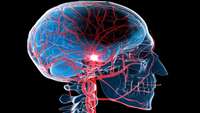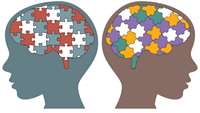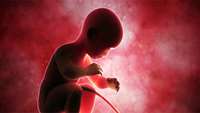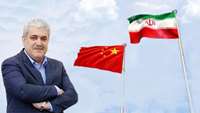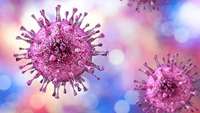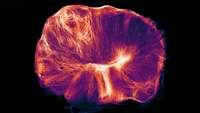Scientists identify method to study resilience to pain
Scientists at the Yale School of Medicine and Veterans Affairs Connecticut Healthcare System have successfully demonstrated that it is possible to pinpoint genes that contribute to inter-individual differences in pain.
Trial Results Supports Endothelial Progenitor Cell Therapy for Stroke Patients
Currently approved treatments for acute ischemic stroke, a leading cause of death associated with persistent disability [1], suffer from a narrow treatment time‐window and benefit to only a small patient subset [2].
Scientists provide new insight on gene mutations associated with autism
A novel investigation into the impacts of neuronal mutations on autism-related characteristics in humans has been described in the open-access journal eLife.
Iranian, Chinese Knowledge-Based Firms Sign 7 MoUs
Iran and China have signed seven cooperation agreements at the second business and technology meeting between the representatives of the two countries’ knowledge-based companies in the Chinese city of Shenzhen.
Scientists unlock secrets of maternal/fetal cellular communication during pregnancy
Researchers have unlocked mysteries surrounding how a pregnant mothers cells and her fetus cells communicate throughout pregnancy. With this new information, The University of Texas Medical Branch at Galveston team and their colleagues in South Korea can develop new non-invasive methods of monitoring and improving the health of the fetus using this mode of communication.
The vice president for science and technology of Iran entered China
Sorena Sattari, the vice president for science and technology affairs, traveled to China as the head of a high-ranking knowledge-based delegation to improve the scientific and technological cooperation between the two countries.
Presence of 70 advanced knowledge-based companies in China
Sorena Sattari, the vice president for science and technology affairs, will travel to China as the head of a high-ranking scientific, technological and knowledge-based delegation to develop cooperation between creative and knowledge-based companies of the two countries.
Herpes Simplex Virus Type‐1 Infection Impairs Adult Hippocampal Neurogenesis via Amyloid‐β Protein Accumulation
We previously reported that Herpes simplex virus type‐1 (HSV‐1) infection of cultured neurons triggered intracellular accumulation of amyloid‐β protein (Aβ) markedly impinging on neuronal functions. Here, we demonstrated that HSV‐1 affects in vitro and in vivo adult hippocampal neurogenesis by reducing neural stem/progenitor cell (NSC) proliferation and their neuronal differentiation via intracellular Aβ accumulation.
Human developmental clock mimicked in a dish
In early mammalian development, timing is everything. For healthy development to occur—whether it be three weeks for a mouse or nine months for a human—embryos follow the lead of oscillating genes, which turn on and off in precise cycles and trigger different development milestones. Oscillating genes are conductors keeping time in a symphony of growth.
Studying Neuronal Network Formation in Dissociated Cerebral Organoid Cultures
The generation of three-dimensional cerebral organoids from human pluripotent stem cells has enabled the modeling of both cerebral development and the pathogenesis of related diseases; however, limitations in this field include the inability to functionally evaluate neural network activity.



